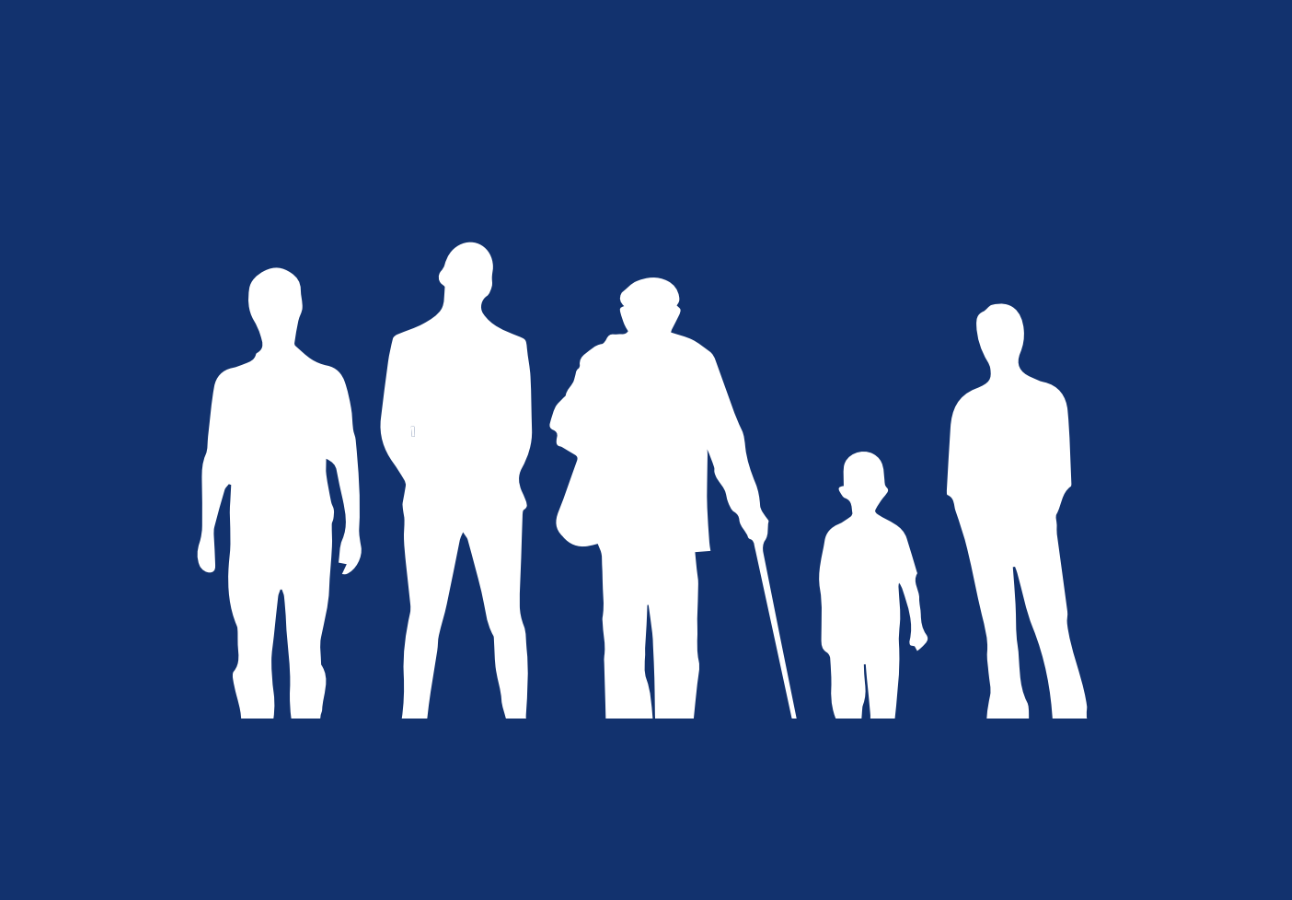
Male survivors: findings
Research on male victim’s experiences in romantic relationships and help-seeking behaviours.
Welcome to our brand new website, providing you with easier access to our training, research and resources!
Key findings report
In 2019, as part of our Safe Young Lives programme, we gathered the voices and perspectives of more than 1,000 men and boys aged 11 and over, asking them about abuse, masculinity and what a ‘healthy’ relationship looks like.
SurvivorI grew up with my stepdad abusing my mum and me plus my brother and sisters, I now have PTSD. I get really angry that I couldn’t stop him or help her but I do take my anger out on her too. I don’t want to be like him.
